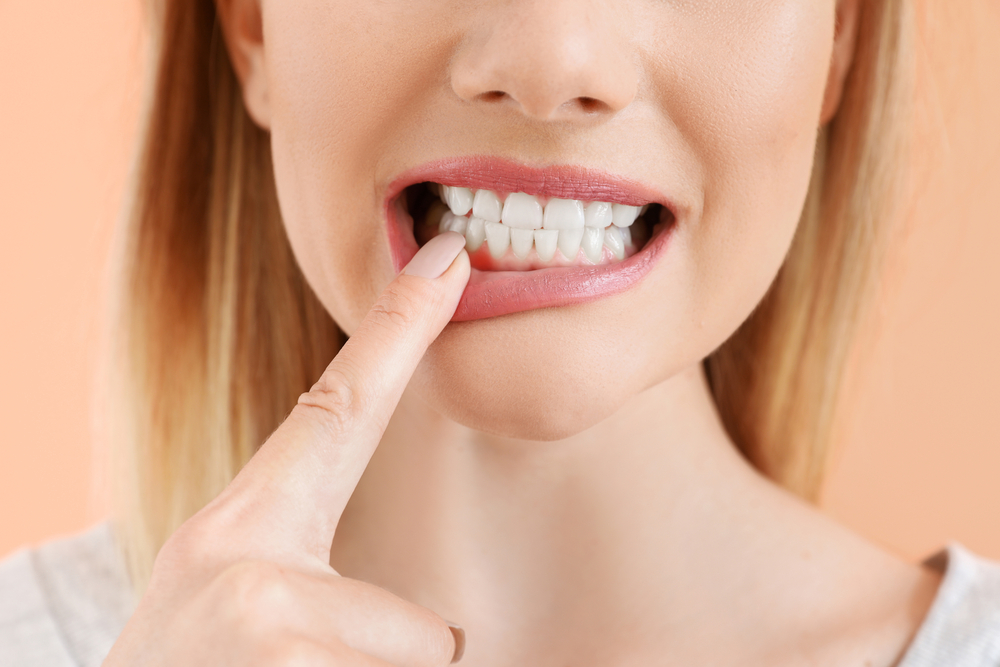Why Periodontitis is Bad For Your Teeth

What Is Periodontitis?
Periodontitis, also known as gum disease, is a common but severe dental condition that affects the gums and supporting structures of your teeth. It occurs when the gums become severely infected and start pulling away from your teeth, creating pockets of bacteria that thrive and gradually spread.
Neglected gum disease can result in severe pain, tooth sensitivity, and eventual tooth loss. Proper oral hygiene and regular dental check-ups are essential for preventing such complications.
Causes Of Periodontitis
This condition typically develops as a result of poor hygiene habits and certain other risk factors. Here are some common causes:
- Plaque Buildup
This is a sticky film containing bacteria that forms on your teeth and gums. When plaque is not effectively removed through regular brushing and flossing, it can harden into tartar which can only be removed by professional dental cleaning.
- Poor oral hygiene
Irregular brushing and improper flossing can allow plaque to build up and contribute to the development of periodontitis.
- Tobacco use
Smoking and chewing tobacco are significant risk factors for periodontitis. Tobacco use weakens the immune system and lessens blood to the gums. This makes it harder for the body to fight off infections and heal gum tissues.
- Genetics
Certain genetic variations can make you susceptible to gum disease, even with good oral hygiene practices. Regular dental checkups can help mitigate your risk.
- Health Conditions
Certain health conditions such as diabetes can affect gum health and add to periodontitis development.
Symptoms
Recognising the symptoms of periodontitis is essential for early detection and treatment. Here are common signs to watch out for:
- Gum inflammation- Swollen, red or tender gums
- Bleeding gums – Gums that bleed easily when brushing, flossing or eating
- Bad Breath – Persistent bad breath occurring due to bacteria and infection
- Gum Recession – Receding gums causing your teeth to appear longer
- Tooth sensitivity – Increased tooth sensitivity to hot or cold temperatures
- Loose or shifting teeth – As the disease progresses you may notice your teeth may become loose or shift in position
- Changes in bite – In advanced cases, periodontitis can affect the alignment of your bite leading to discomfort or difficulty in chewing
Treatment Of Gum Disease
Here are some treatment options and tips to help you manage gum disease effectively:
Professional Dental Cleaning
It is recommended to have regular professional cleanings by our dentist. These cleanings remove plaque and tartar buildup that contribute to gum disease. Schedule routine checkups and cleanings to stay on top of your oral health.
Mouthwashes
Rinse with an antimicrobial mouthwash recommended by our dentist. These mouthwashes can help reduce bacteria and control gum disease.
Healthy Lifestyle Choices
Maintain a healthy lifestyle to support gum health. Avoid smoking and limit alcohol consumption as these habits can worsen gum disease. Eat a balanced diet rich in fruits, vegetables, whole grains, and lean proteins to provide essential nutrients for gum health.
Regular Dental Check-ups
Visit our dentist regularly for comprehensive check-ups. Our experienced dentist can assess the health of your gums, provide professional cleanings, and detect any signs of gum disease early on when it is less painful and less costly to fix.
Early intervention is the key to preventing the progression of gum disease. By practicing good oral hygiene you can significantly reduce your risk of gum disease and enjoy a lifetime of healthy gums and a beautiful smile. Your oral health matters so take care of your gums and keep them disease-free!
Schedule your next appointment with us today and make sure your oral health is in tip-top condition!


